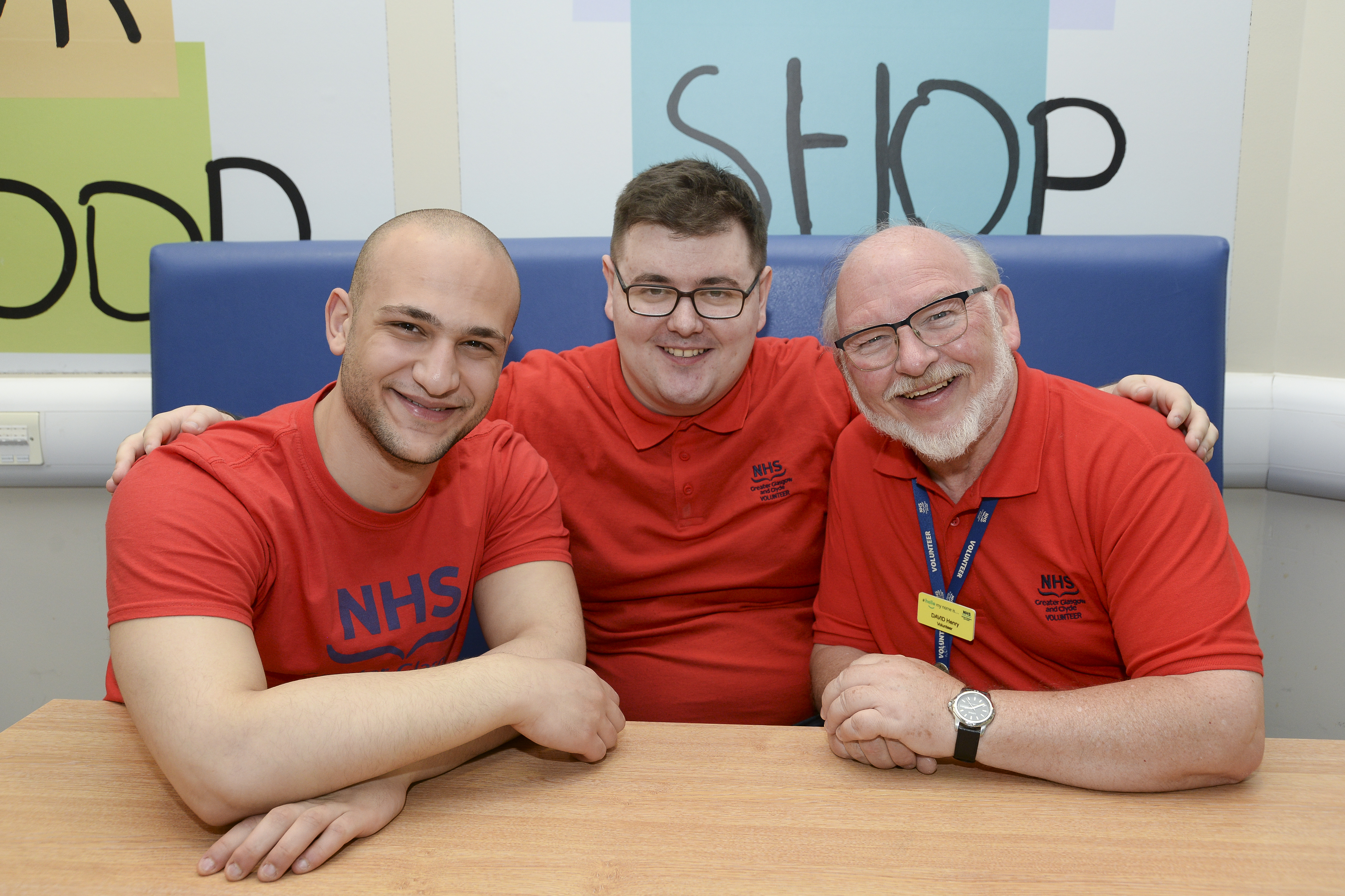Previous
Biomedical scientist
To become a cardiac clinical physiologist, you can apply for trainee opportunities on our recruitment website. Another route is to complete an undergraduate degree at university.
Cardiac clinical physiologists use specialist equipment, including electrocardiogram (EGC) recording machines and ultrasound scanners, to see how well a patient’s heart is functioning. They also assist with specialist procedures in the catheter lab, including:
In addition, cardiac clinical physiologists programme and optimise implantable cardiac devices. These devices monitor and regulate heartbeats in patients with heart rhythm problems or those at risk of cardiac arrest.
If you’re interested in a career as a clinical physiology practitioner in cardiac physiology, useful school subjects include:
Speak to your guidance teacher or careers adviser about subjects offered at your school.

You may find it helpful to get some healthcare experience by doing a work placement or volunteering. You’ll get training, increase your knowledge, and learn new skills. This could help you when applying to college, university, or a new job with NHSScotland.
There are different education and training pathways to becoming a cardiac clinical physiologist. Whichever route you choose, you must complete an undergraduate degree programme.
You can apply for all training opportunities on our recruitment website.
A widely recognised route is to complete an undergraduate-level training programme.
As a trainee cardiac clinical physiologist, you’ll be employed by an NHS Scotland Health Board while you complete an undergraduate honours degree programme at SCQF level 10.
You’ll also receive training within the department to provide you with the skills, knowledge, and experience you’ll need to become a cardiac clinical physiologist. When you complete training, you can register as a healthcare science practitioner with the Academy for Healthcare Science (AHCS).
Some health boards offer alternative work-based training programmes if you already have an undergraduate honours degree in Healthcare Science (Cardiac Physiology) at SCQF level 10. Other science degree subjects may be accepted.
Search for undergraduate science degree programmes on My World of Work.
As a trainee, you’ll complete a 3-year practical and theoretical training programme. When you complete training, you can register as a healthcare science practitioner with the AHCS.
The Academy for Healthcare Science (AHCS) maintains voluntary registers for healthcare science professions not covered by statutory registration and regulation. These registers are accredited by the Professional Standards Authority for Health and Social Care (PSA).
When you qualify as a cardiac clinical physiologist, you can register with the AHCS as a healthcare science practitioner.
As a cardiac physiology practitioner, you’ll help to diagnose and treat patients with known or suspected heart disease. You could work in a wide range of diagnostic and therapeutic specialities, from in-utero scans to end-of-life care.
You’ll use specialist equipment to assess and monitor a patient’s heart to record the following:
You’ll also:
You’ll need these skills:
You’ll also be expected to have experience in using specialist equipment, such as:
You might also need to know how to use specialist equipment for recording intracardiac pressures and monitoring equipment for invasive procedures.
You’ll work closely with a range of different healthcare professionals, including:
As a cardiac clinical physiologist, you could work in:
Once you’ve become a registered healthcare science practitioner, there are ongoing requirements for education and skills development. You’ll have lots of opportunities to go further and learn more.
With training and experience, you could move into a supervisory or management role, such as a cardiac physiology service manager.
Cardiac clinical physiologists can apply to become clinical scientists to progress in their careers.
If you already have significant professional NHS experience in cardiac physiology or have completed a training programme that does not directly lead to registration as a clinical scientist, you can apply for equivalence recognition.
It is a route you can take to demonstrate that you already have the skills, knowledge, and experience to become a clinical scientist in cardiac physiology.
You’ll submit a portfolio of work to the AHCS or the Association of Clinical Scientists for assessment and attend an interview. If successful, you can register with the Health and Care Professions Council as a clinical scientist.
Find out more about clinical scientist training and equivalence on the NHS Education for Scotland Healthcare Science website.
Once you become a cardiac clinical physiologist, you can register with the Academy for Healthcare Science (AHCS). You can also join the following professional bodies and societies:

Discover the range of healthcare science careers you can choose in the NHS.
Healthcare science
Our blog includes how-to guides, case studies, and career resources.
Discover more